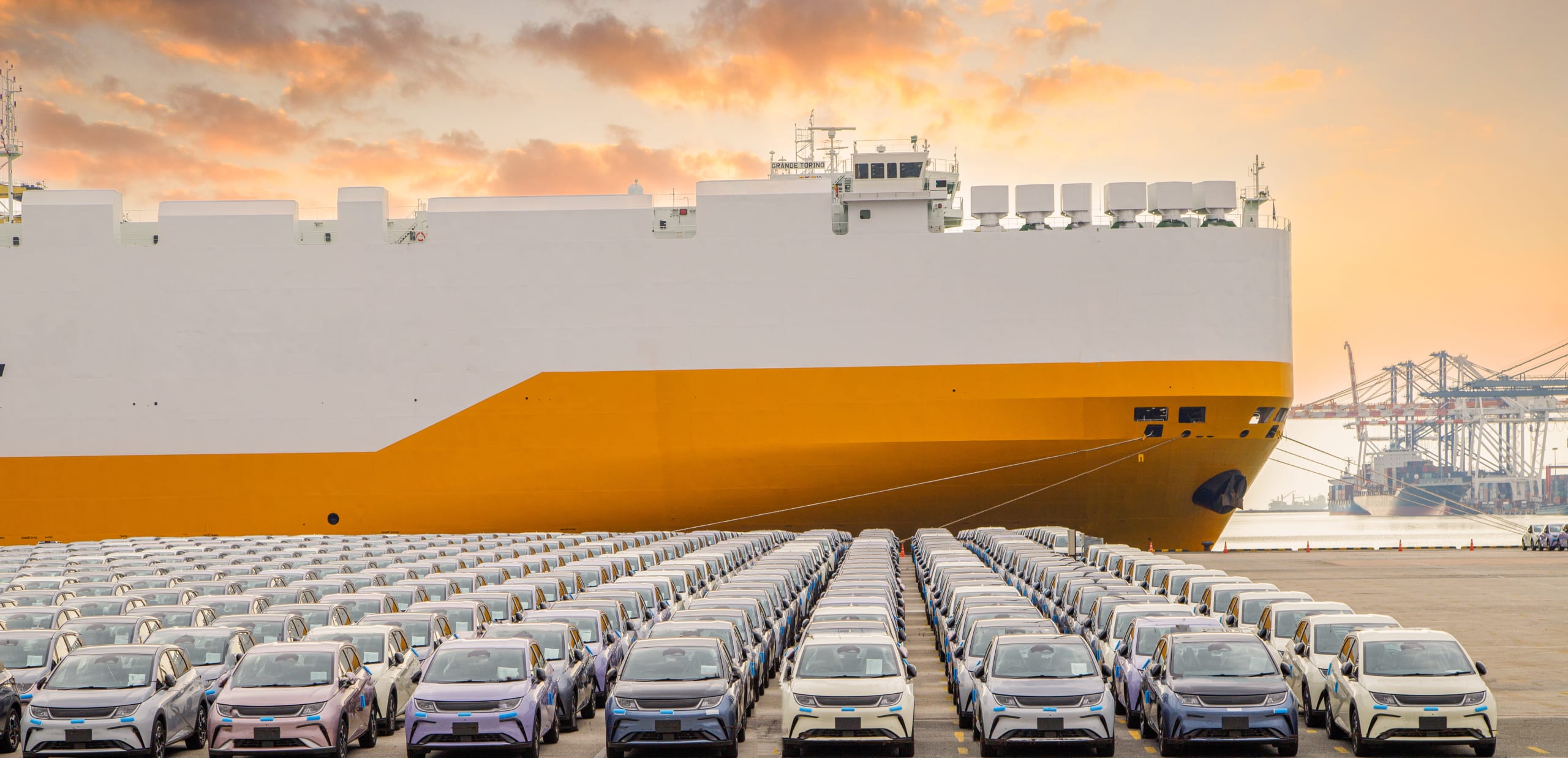From the 1st of October 2024, all Chinese-imported electric vehicles in Canada will face an additional 100% import tariff. This decision aligns with similar measures taken by the US and the EU, as these regions aim to safeguard their domestic EV manufacturing industries from the influx of cheaper Chinese vehicles, which they argue have benefitted from “unfair subsidies”. The tariffs will cover BEV, PHEV, HEV and FCEVs for passenger vehicle segments as well as buses and trucks.
In May, the US imposed 100% tariffs on Chinese-made EVs, while the EU introduced additional tariffs ranging from 9% to 36.3%.

Current imports and Canada’s EV market
Currently, EV imports into Canada are subject to a 6.1% tariff, with the new 100% tariff being an additional charge on top of this existing rate. Canada’s EV market penetration stands at 10%, mirroring that of the US, with sales steadily on the rise. In the first half of 2024, EV sales grew by 19% compared to the same period in 2023. As EV sales in Canada have increased, so too have EV imports from China. Between 2021 and 2023, Chinese EV imports increased by nearly 500%, reaching 38,000 vehicles in 2023.
Tesla will be the most affected
Like the US, the proportion of EVs that Canada imports from China is relatively small. However, Tesla stands to lose the most from the new tariffs, as the majority of these Chinese imports are from Tesla. Since 2023, Tesla has been exporting vehicles to Canada from its Giga Shanghai facility, a key export hub responsible for producing its Model 3 and Model Y. In 2023, Tesla sales accounted for 25% of Canada’s total EV sales for the year.
The tariffs will pose challenges for Tesla. In Europe, the company has received a reduced tariff rate compared to other players, an additional 9%. Tesla may ask for a more favourable tariff, but the company also has the advantage of being established worldwide, with production facilities in Europe and the US. Tesla will likely adjust its trade dynamics to avoid the tariffs by leveraging these other factories.
Rho Motion’s Evaluation, how will Chinese players respond?
The new tariffs are likely to discourage Chinese companies looking to expand into Canada. BYD, for example, in August was reportedly considering entering the Canadian market as it has reached record EV sales this year. It is likely the company will delay any planned expansion until it can establish facilities that allow it to circumvent the tariffs.
Compared to the EU, the Canada tariffs are more extreme, more similar to that of the US, effectively blocking China out of the whole auto market for any electrified passenger vehicle, truck or bus.
More Information
For more information on how our research can support you, get in touch.
Image Credit: Adobe Stock
Sources: Department of Finance Canada, Department of Finance Canada (List of vehicles included in tariffs)
For full access to our news and insights, log in to our Membership Platform
If you’re not yet a member and would like a trial, fill in the form below.
 Back to News
Back to News